BIOBASE - Aarhus University research platform for biomass production
research infrastructure
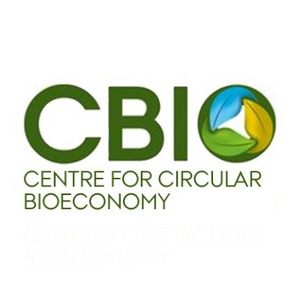
Within Aarhus University’s Centre for Circular Bioeconomy (CBIO) and the Danish Center for Food and Agriculture (DCA), the Biobase platform focuses on research and development of agricultural biomass production systems targeting refining of biomass to various products and value chains in bioeconomy and recirculation concepts.
Aim
The aim of Biobase research infrastructure is to establish and maintain field trials for providing high-quality data from a plethora of agroecosystems, ranging from conventional grain crops to perennial herb crops and their combination, as well as data processing and results dissemination. Our work supports scientifically the bio-based economy for replacing fossil raw materials with renewable plant-based materials, including for bioenergy production.
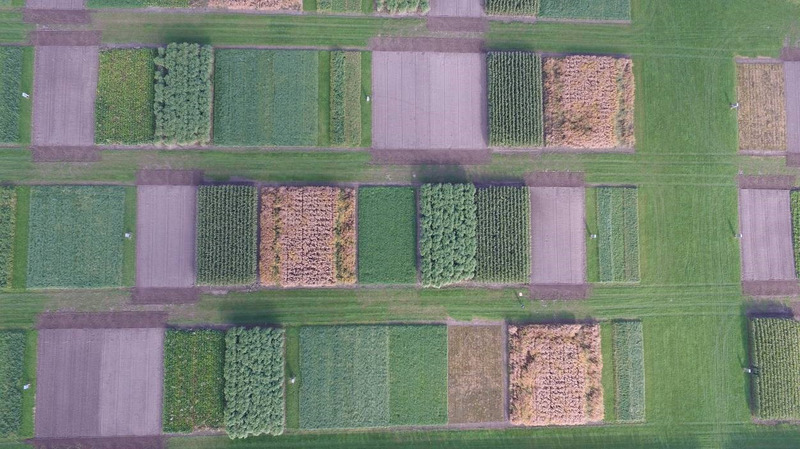
Short background information
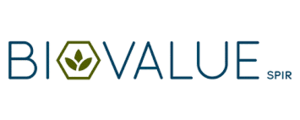
The Biobase research infrastructure was originally established in 2013 by the BioValue SPIR - Strategic Platform for Innovation and Research on value added products from biomass, a large project funded by The Danish Council for Strategic Research and the Danish Council for Technology and Innovation. It included all Danish universities, a number of large Danish businesses, and GTS and Innovation networks, including the Innovation Network for Biomass. After 2018, the research infrastructure was integrated within the research station infrastructure of the Department of Department of Agroecology at Aarhus University.
Funding structure
Originally funded by the Innovation Fund Denmark, Biobase research infrastructure is now funded partly from Aarhus University internal funding, partly from a number of externally funded projects on agricultural production systems and biomass delivery for the bioeconomy.

Activities
- Establishment and management of field trials, including operations planning and management- sowing and re-sowing plants, fertilization and irrigation, pests and diseases management, equipment installation, data collection and compilation
- We visualize, quality-control and analyze all the data from the field trials
- One of our final goals is to share the new knowledge with the world scientific community and sometimes with the general public

Methods, stakeholder engagements and tools
We are working on creating high-quality field trials location with representative agroecosystems for monitoring and measuring to kick-start a biobased economy with sustainable high-value products such as proteins, polymers, and new chemical or biological components for industry," say Associate Professors Ib Johannsen and Morten Ambye-Jensen.
They are responsible for the engineering research and development activities regarding production systems and technologies for refining green biomass.
Achievements
Some of our most important science achievements within CBIO agricultural biomass research infrastructure tackle the agronomic and the environmental characteristics of the agricultural biomass targeting future biorefineries:
- We design agroecosystems with prolonged coverage of the soil with biomass, thereby balancing biomass production and nitrogen leaching.
- Agroecosystems of perennial herbs produce large protein yields as promising and local alternative to the environmentally-costly overseas export of soy for animal feed.
- Some of our findings also suggest lower nitrous oxide emissions from agroecosystems of perennial herbs compared to annual crops, despite their intensive field management.
- Land conversion from annual to perennial crops could be the win-win strategy for soil carbon and nitrogen sequestration.
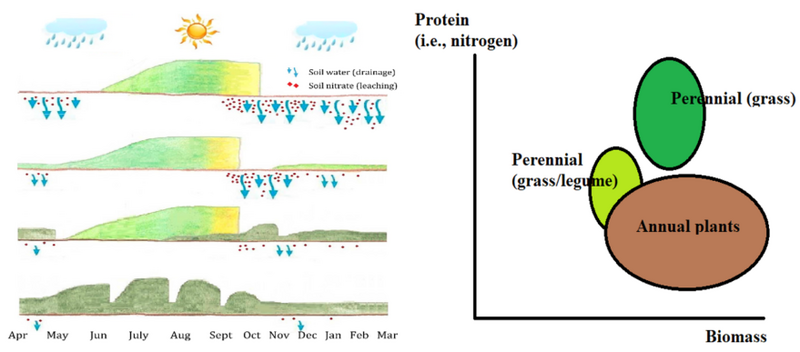
Effect of crop season on nitrogen leaching and of biomass-protein link related to plant life duration (from Manevski et al., 2018 and Solati et al., 2018).
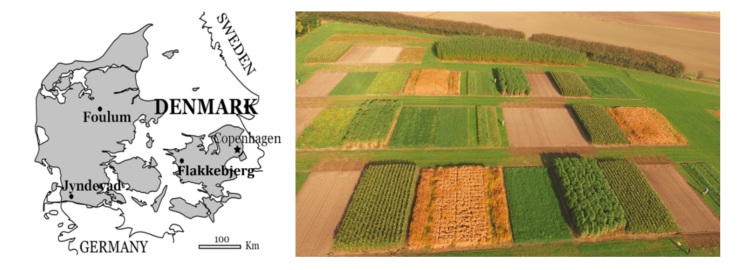
Further information
- Biobase on ResearchGate
- The Fundamentals Of Bioeconomy The Biobased Society, Link to publication
“We are already moving towards “the biobased society”: less waste generated by optimally utilizing what we grow, harvest, produce and eat; development of bio-based alternatives to fossil-based products: bioenergy, bioplastics and biochemicals. Plus locally produced protein-rich animal feed and new types of healthy food ingredients; and last but not least the circulation of nutrients back to the soil. Already now we can get more types of products from biomass than from oil” (from Lange & Lindedam, 2016).
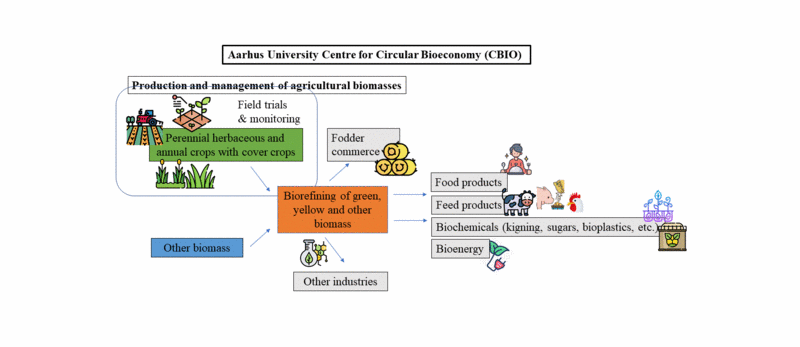
 tap and then scroll down to the Add to Home Screen command.
tap and then scroll down to the Add to Home Screen command.